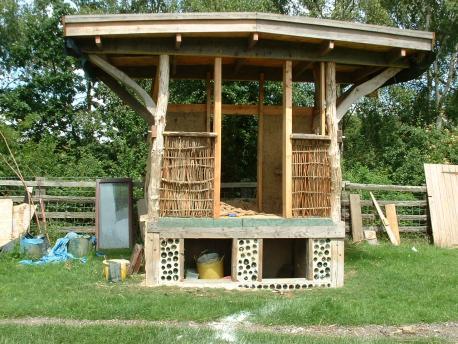Produce no waste

Making the most of all the effort and activity that goes into research; minimising futile and unproductive activity by looking for benefits at all stages and in all activities.
+context
+problem
Conventional research is very inefficient in its use of time, energy, money, and other resources. Often the only tangible outputs are academic papers or student dissertations read by very few people, and researchers, collaborators and broader communities of interest benefit far less that they might.
+background
Waste is as prominent a feature of research as it is of the broad consumer society. Every year, students labour over dissertations unlikely to be read than anyone but those whose job it is to mark them. Pressures to publish lead academics to produce papers regardless of whether or not they actually have anything to say, and most of these are read only within their specialist field, if indeed they are read at all. The collective effort that students put in learning information of no interest beyond their degrees – and that of their teachers – and that they will forget as soon as assessments are over, is colossal. The same is true of the incidental effort that goes into research at all levels – the unsuccessful applications for degrees and research funding in competitive environments, the time spent organising, preparing for and undertaking fieldwork, the unused data, the undocumented events. This is even more the case in community-based research, which requires all parties to put a lot of time into developing and maintaining good relationships. For many academics this is a disincentive for this type of research, when the time could be better spent on a new paper for a high-impact journal or application for research funding.
However, if the research as part of a broader exercise in building community or building resilience, not just a means to these narrow ends, it becomes clear that all parts of the research process can be productive. The conversations that lead to agreement on how and on what to work together, or the process of developing a funding application together, can be an important vehicle for Collective Learning, sharing skills, as can all parts of Designing Research Together; all contribute to better interpersonal relationships; as part of a concerted effort towards collaboration and inclusion, they can also improve the academic aims.
+solution
Think of the research not as a means to producing the academic output, but of the promise of academic outputs as a means to doing the research. Look for ways to derive practical and/or personal benefits from all tasks within the research process, and enjoy doing it, especially together.
+sources
HP6: Produce no Waste
Photo courtesy of Abundant Earth
